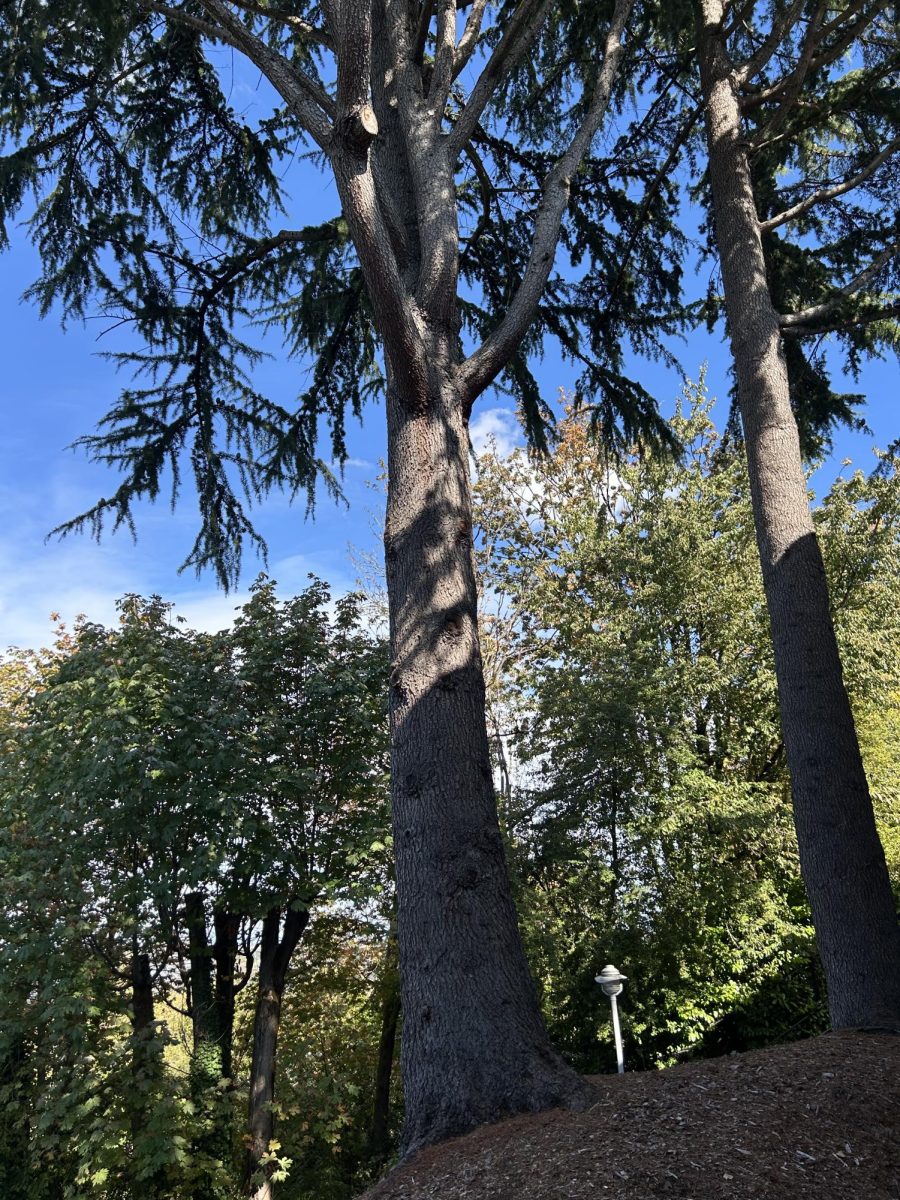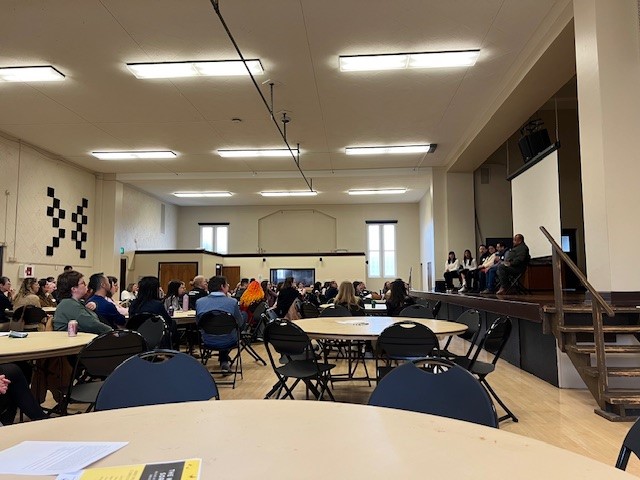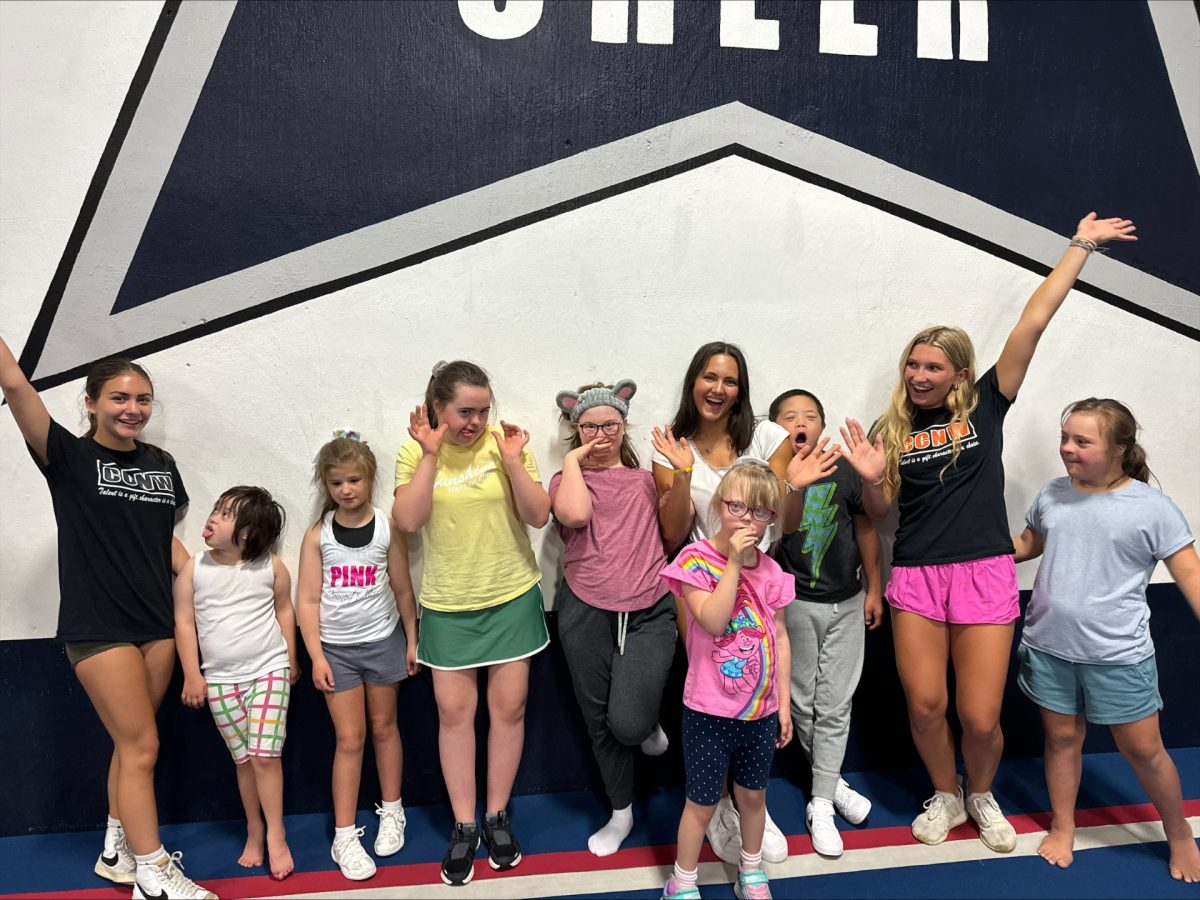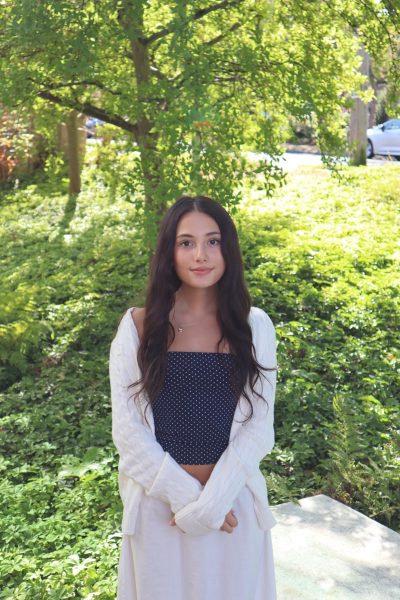While other Prep students were busy with summer jobs, trips, and camps, senior Louie Alvarez took the opportunity to volunteer at the annual “From Hiroshima to Hope” ceremony at Green Lake. In honor of the 80th anniversary of the atomic bombings of Hiroshima and Nagasaki, this ceremony brought together the community through lantern preparation, musical performances, dances, and survivor testimonies.
For Alvarez, the chance to participate came unexpectedly. “It was really last minute actually, my friend Marina invited me like two hours before we had to leave!” she said. Despite the short notice, the event left a lasting impression on her.
Though Alvarez does not have a personal family connection to Hiroshima, she feels deeply connected to the community through her Japanese friends. “I like to help out or participate when and where I can,” she explained. That openness to showing up and supporting others allowed her to see firsthand how remembrance can inspire hope for the future.
When asked what “hope” meant in the context of the memorial, Alvarez didn’t hesitate. “It means working to change the world for good, be rid of nuclear weapons that do nothing but destroy. One bomb is enough to destroy a whole city, so imagine the damage that thousands of them can do. They could probably wipe civilization out.”
Part of what struck her most was how the event brought people of all ages together. She described listening to survivors’ stories, watching performances, and helping light lanterns across the lake. “Honestly though, my favorite part was pushing the lanterns out. They weren’t floating in the right direction, so my friend and I volunteered to get absolutely soaked and swim out to push them further. I had so much fun getting to be part of this memorial, especially because it was very important to my friend Marina; It felt like helping out my friend but also supporting her community.”
Alvarez hopes that younger generations, including her peers at Prep, can learn to see history as more than dates and facts. “It’s important to give the younger generation the whole picture, not just the story I was told when I was young. Telling kids that the reason Japan was bombed was because they were ‘bad’ or ‘evil’ is misleading. The situation is much more morally gray.”
Looking forward, Alvarez believes schools could play a role in keeping the lessons of Hiroshima alive. “We should dedicate a few days to maybe invite a guest speaker or have a Remembrance Day, and even just doing a little more in-depth studying of the bombings of Hiroshima and Nagasaki would be spectacular progress.”
For Louie, the message is clear: remembrance is about responsibility. “What happened at Hiroshima and Nagasaki is something to never be repeated. The last generation to experience the bombings is disappearing, and it is our job to remember the past and carry on the message of peace.”








